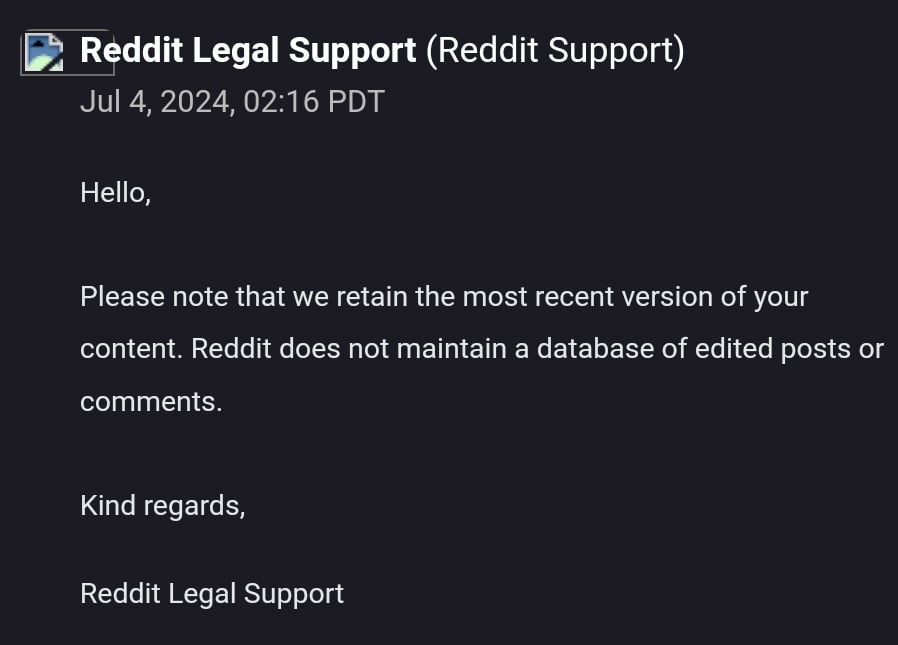

Those 5 requirements are not small things, but as a (relatively) recent linux migrant, here’s my take.
-
Keep using iTunes (but use the windows version) - through wine. You get to keep all your stuff as is for now with the possibility of migrating to another service in the future.
-
See above, stick with your current device, keep using iTunes for now.
-
If it’s for private stuff LibreOffice suite does just fine though + the thunderbird email client. If it’s for work you should probably have a work device, but there is also winapps for linux, which isn’t official by microsoft, so it might be a bit funky.
-
Maybe try out proton if you want something trustworthy to back up your photos. They’ve recently added a service for that. Costs a subscription though.
-
Keep using evernote. There’s a linux client.
Obviously there will be hickups, and things’d be a lot more smooth if you were willing to make some adjustments, but this is perfectly doable.








In addition to what @LwL said - It has to do with how testing is done, and that some diseases can’t really be tested for. It is quite expensive, and is generally done on small samples from lots of people mixed together. If it is positive they split the batch and test again (look up binary search).
The lower the incidence rate of diseases, the larger batches can be done. Ditching certain denographics with significantly higher risks for certain diseases can make testing orders of magnitudes cheaper and faster. (Other groups, at least where I live, include people who recently changed partner, recently went abroad, have ever gotten a blood transfusion, have gone through a recent surgery, have recently been sick, etc. etc.)